Poetry Corner: Communism is the Middle Term by Bertolt Brecht
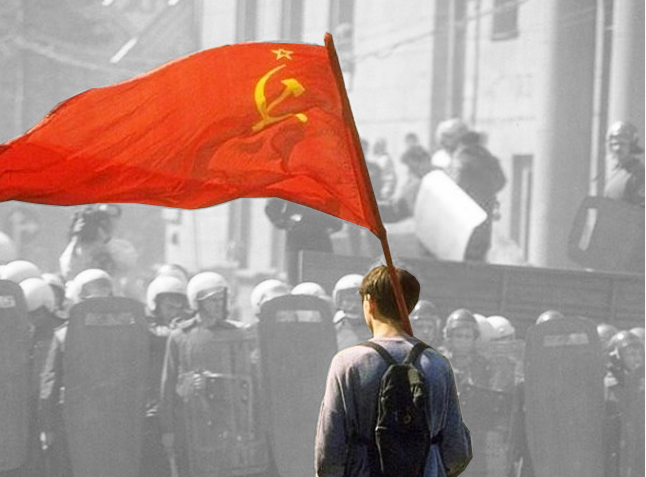
Communism is the Middle Term by Bertolt Brecht.
Bertolt Brecht was a German Marxist poet, playwright and theatre director. Brecht lived through a turbulent era. Narrowly avoiding conscription at 16 during World War One, he worked prodigiously through throughout the period of the Weimar Republic. Brecht was forced to flee with the rise of the Nazis in 1933. He left the USA during the McCarthyite “Red Scare” returning to what was then the German Democratic Republic. He died on the 14th of August 1956.
Lenin statue erected in for the first time in a West German city

There was a stir in the international media over the weekend (20 June 2020) around the unveiling of a new statue honouring leader of the Russian Revolution, Vladimir Lenin, over the weekend.
Poetry Corner: Our March by Vladimir Mayakovsky
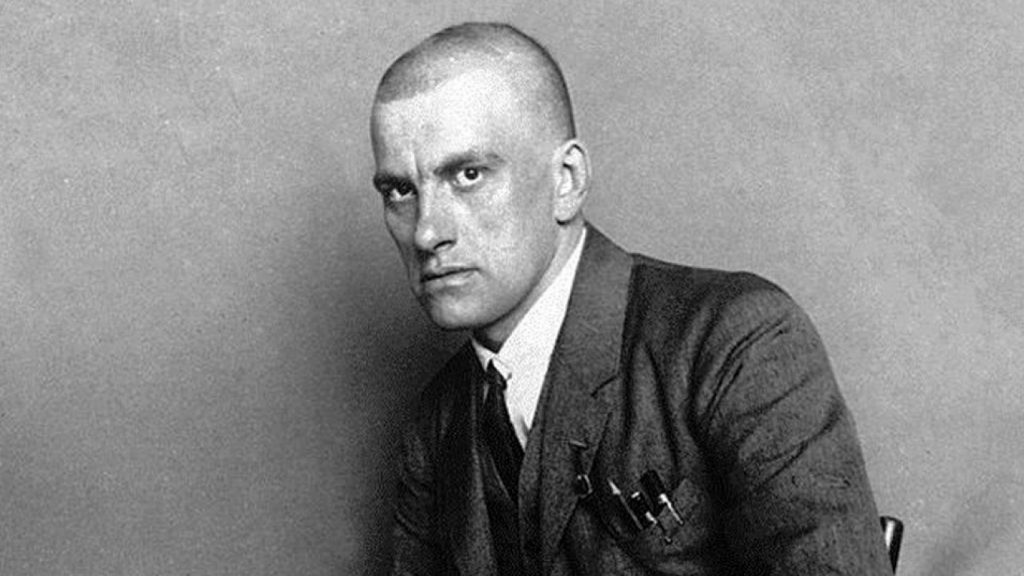
Our March by Vladimir Mayakovsky, 1917.
Vladimir Mayakovsky (1893-1930) was a Bolshevik revolutionary and came to be one of the most celebrated communist poets in the Soviet Union and internationally. He was also a talented playwright, artist and actor who used art as a medium to convey the politics and ideals of the new socialist state.
Russia: The Epidemic of Capitalism
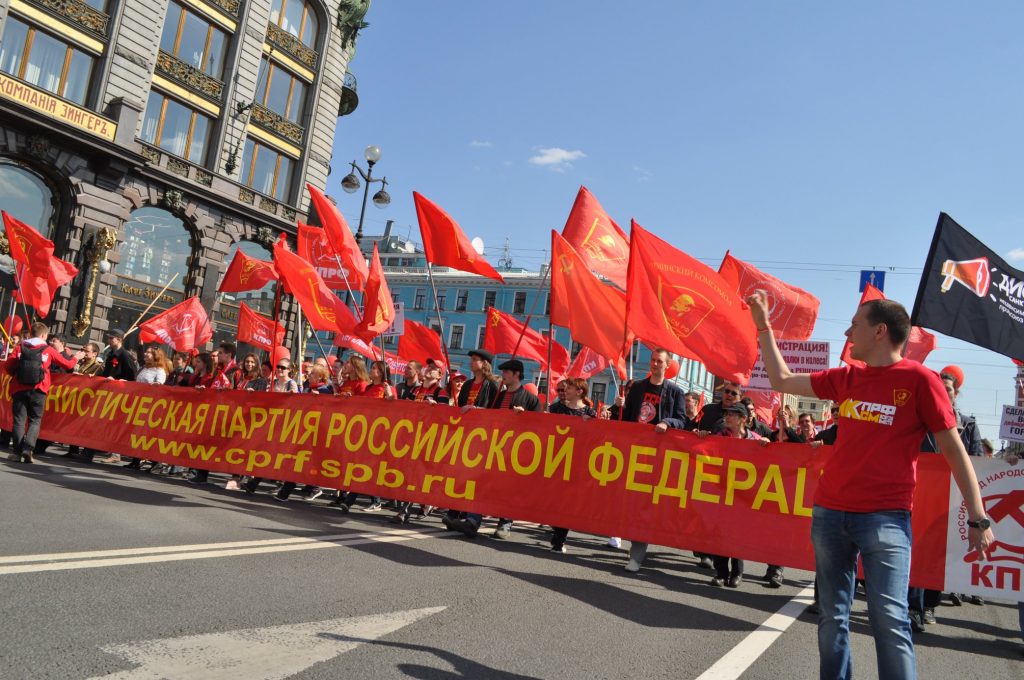
Roman Kononenko, Secretary of the Central Committee of the Leninist Komsomol of the Russian Federation, explains the political situation in Russia during the COVID-19 Pandemic and the priorities of Russia’s communists.
Poetry Corner: Stalingrad by Peter Blackman
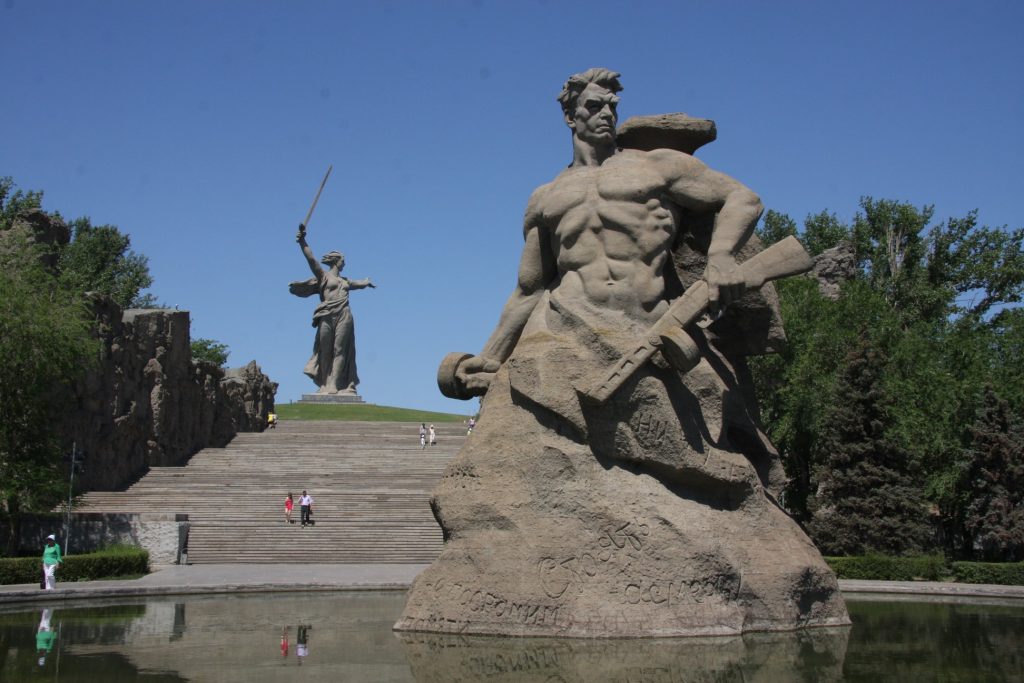
Stalingrad by Peter Blackman
VE Day 75: a living legacy and an unfinished struggle
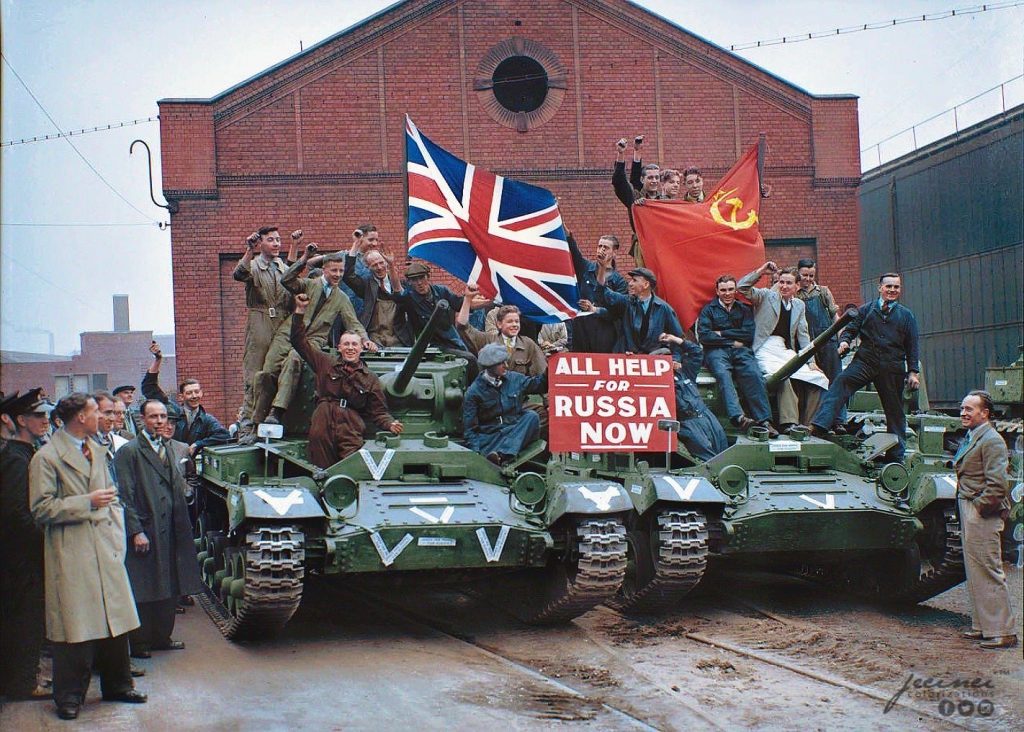
It is easy for young people in Britain today to overlook the importance of the outcome of the Second World War for world history and the current political situation we face today. It is difficult to comprehend the scale of the sacrifice and the bravery of previous generations in the struggle to defeat Nazi Fascism.
Poetry Corner: VE Day 75 – Wait for Me
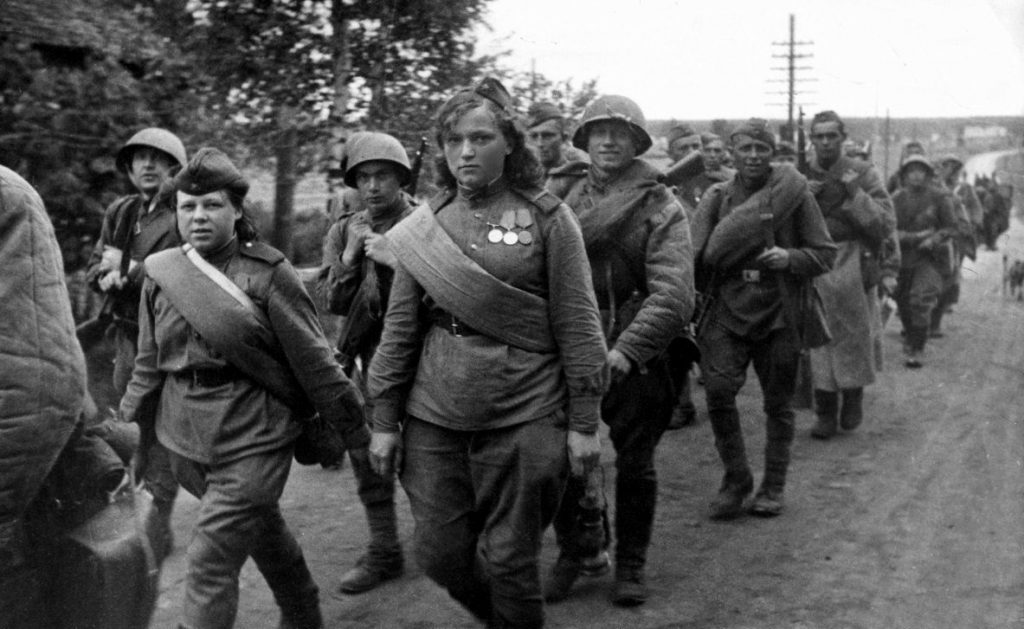
As part of the celebrations around the 75th Anniversary of Victory in Europe Day, Challenge’s Poetry Corner will be featuring a selection of poems from across the world, inspired by the war and its events.
Here we feature Wait for Me written in 1941 by Konstantin Simonov. The poem is written from the perspective of a Soviet soldier heading to the front, addressing their spouse or partner. It became a favourite of Soviet servicemen and women at the time and continues to be popular in Russia today.
YCL Statement marks 75th Victory in Europe Day
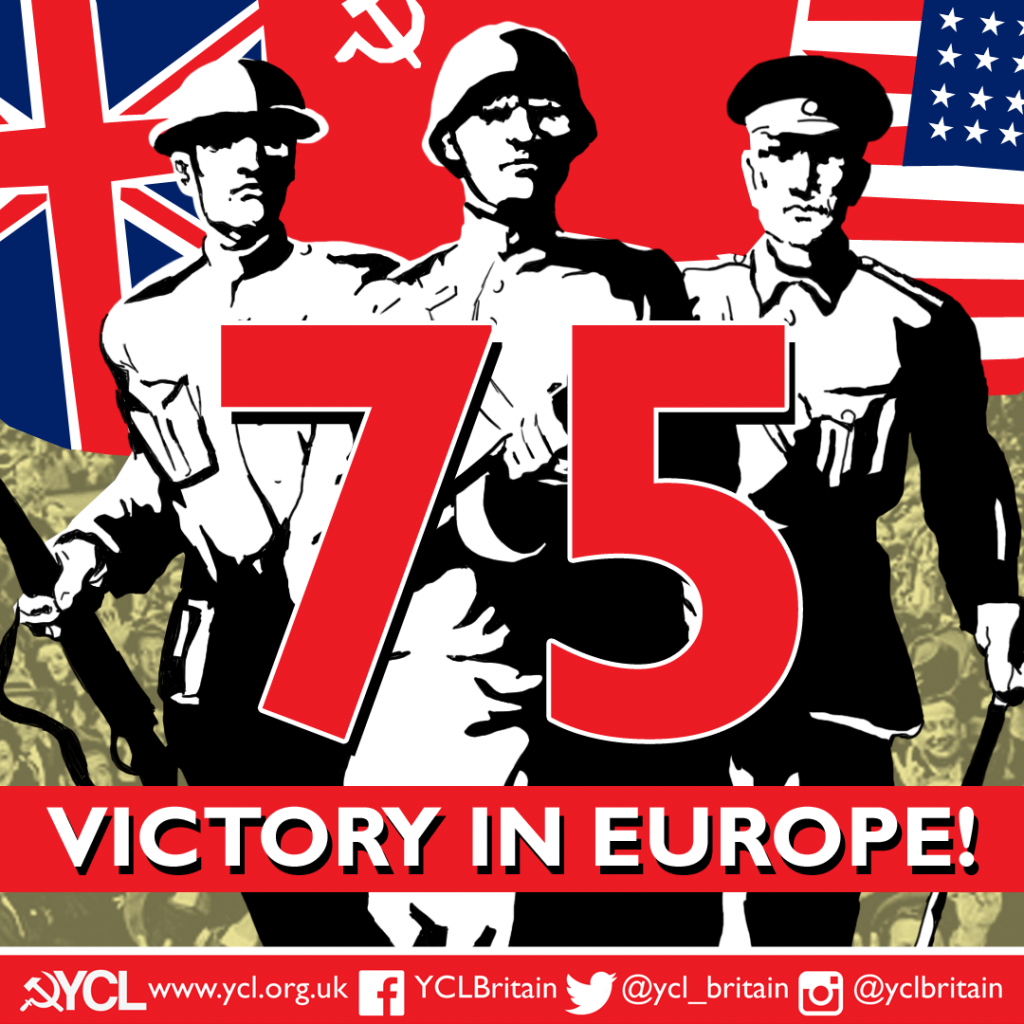
The Executive Committee of the Young Communist League has released the following statement to mark Victory in Europe Day 2020.


